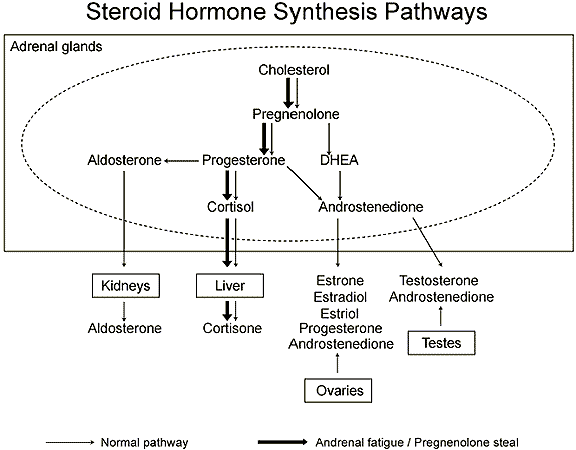
As with most forms of depression, there are no blood tests to confirm Postpartum Depression for new moms. Ilona S. Yim, PhD, from University of California, lead research out of University of California that may someday be able to help new moms predict whether they are at risk for Postpartum Depression with a simple blood test.
Yin’s study uncovered that a higher level of the hormone pCRH was found in the placenta of the moms in her study who did develop postpartum depression. More research is needed to determine whether this simple blood test could in fact determine whether a woman is more likely to develop PPD.
This study could be great news for the upwards of 10% of women who suffer from PPD. Part of the problem with diagnosing postpartum depression is it may be embarrassing to talk about with other mothers, friends, and family.
Lots of women experience postpartum depression, but sadly, most women don’t talk about it. Why? First, many moms mistake their symptoms as the “baby blues.” Second, there is social pressure to be the “best” mom, you are supposed to feel attached to your baby, motherhood was supposed to be a huge “joy”, and it’s hard to admit that you don’t feel those feelings. Moreover, the symptoms of PPD lead mothers to feel the exact opposite, they feel lonely, scared, and guilty. some new mothers with PPD are afraid they may hurt their baby or themselves. if Yim’s initial research does link an overproduction of the hormone pCRH with postpartum depression, many new mothers will be able to breath a sigh of relief.
In the meantime, if you think you are suffering from postpartum depression it’s important that you do seek medical help. From relaxation exercises to support groups as well as various medications and supplements, there are various ways to help ease your pain.